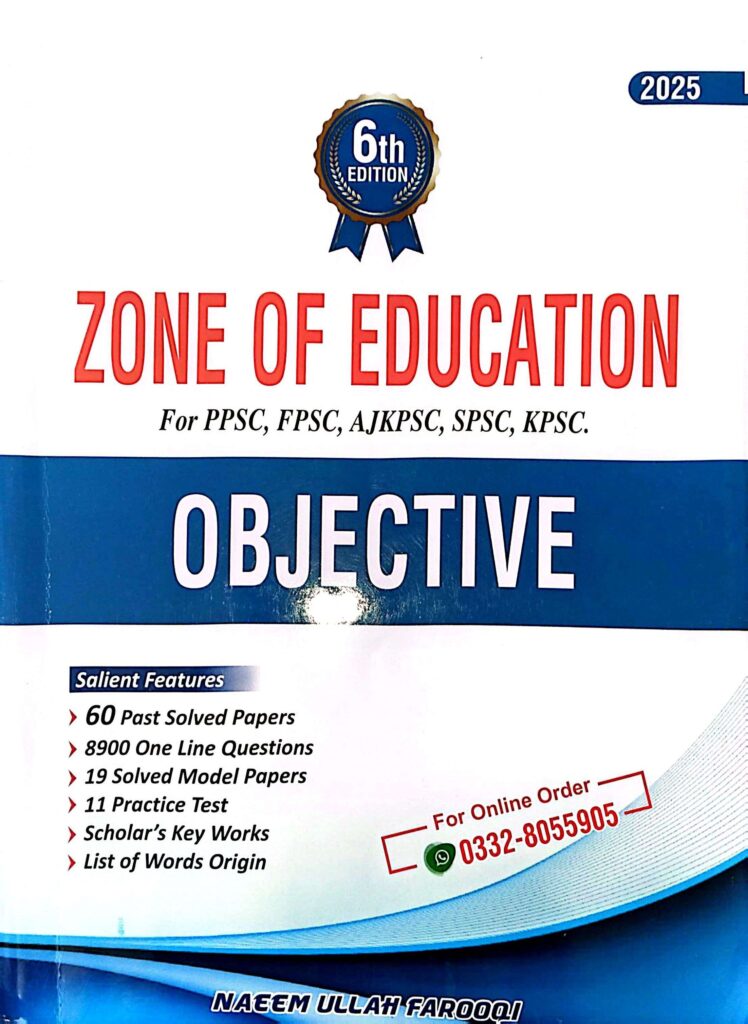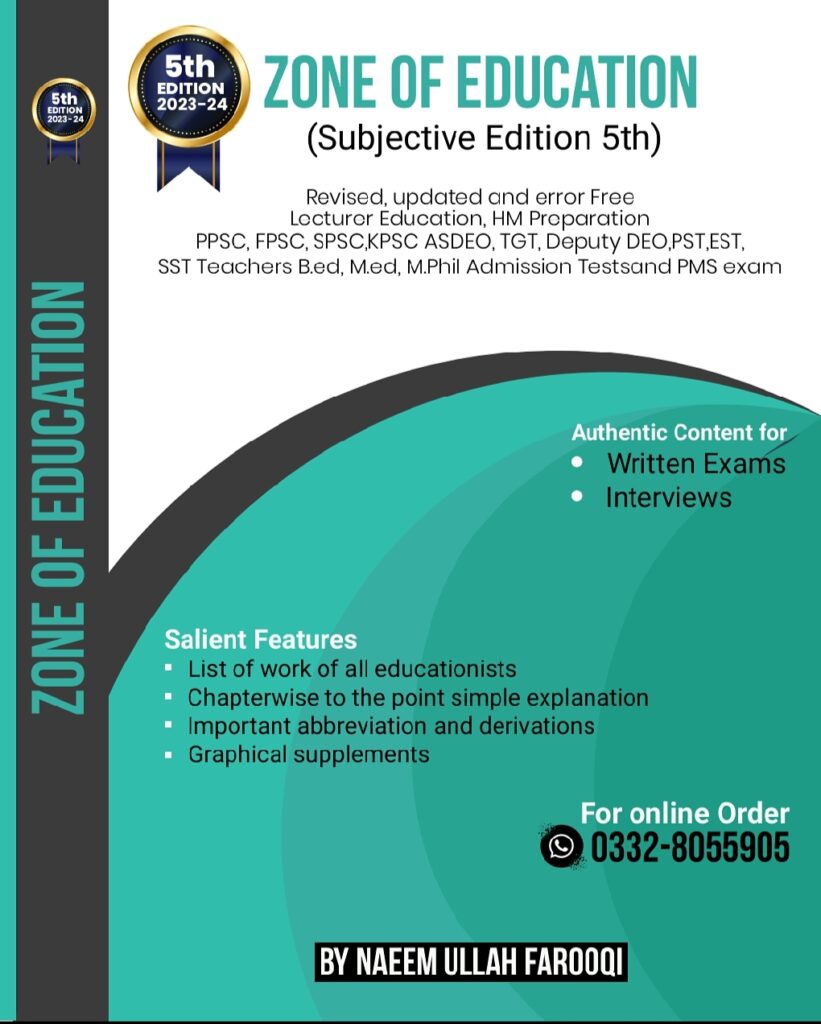MCQS FROM PAST PAPERS
01.The part of the multiple-choice item that asks the question or poses the problem is
A. Alternative B. Anchor
C. Stem D. Distracter
02. The wrong answer offered as choices in a multiple-choice item is called:
A. Distracter B. Stem
C. Reflector D. Replacement
03. A system in which each student works for a particular grade according to agreed-upon standards is called:
A. Individual learning expectation system B. Revise option system
C. Reflector D. Replacement
04. Teachers who use multiple-choice questions, matching exercises, true/false statements and fill-in items are using:
A. Objective testing
B. Regression testing
C. Reflection tests D. Replacement
05. Who is a philosopher, in the original sense of the word:
A. Someone who studies the stars and planets
B. A person primarily interested in the truth about moral matters
C. A lover and pursuer of wisdom, regardless of the subject matter.
D. All
06. This teaching technique involves students posing and answering their own questions with the teacher’s role as more passive than interactive. The technique is:
A. Group discussions
B. Direct instruction
C. Precision teaching
D. Interactive
07. Which is not an element of true cooperative learning?
A. Collaborative skills
B. Positive interdependence
C. Individual accountability
D. Competition
08. Teachers who utilize questions that have one answer are using:
A. Divergent questions
B. Convergent questions
C. Individual accountability
D. Competition
09. Testing in which scores are compared with a set performance standard is called:
A. Norm-referenced interpretation
B. Criterion-referenced interpretation
C. Both
D. None
10. Measures of central tendency are useful for describing:
A. The range of scores form your student s tests.
B. How many students obtained each score in a distribution?
C. The typical or average score obtained by your students
D. All of these
11. Knowledge and skills those lead to University education was slogan of:
A. Progressivism B. Essentialism
C. Reconstructionism D. Perennialism
12. Academic subject matter was strongly recommended by:
A. Progressivism B. Essentialism
C. Reconstructionism D. Perennialism
13. Ontology deals with question like:
A. What is universe? B. What is man?
C. What is God? D. All of these
14. Knowledge gained through ‘Insight’ is called:
A. Decoding B Encoding
C. Intuitive knowledge. D. Authoritative
15. In the communication process the hearing and understanding of the message is known as:
A. Decoding B Encoding C. The channel D. Feedback
16. Ali is a student of 5″ grade. He is explaining to his father that his Islamic Studies book needs to be repaired. This is an example of the flow of communication:
A. Lateral B. Downward C. Diagonal. D. Upward
17. The best method of communicating when you need speed, and feedback & you are willing to accept some distortion as the communication passes through several people is:
A. Written B. Nonverbal.
C. Electronic. D. Oral.
18. Which of the following best describes the overall goal of inclusive education?
A. To include only children with mild or moderate disabilities in general education classroom.
B. Include only children from lower families
C. Include non-Muslim child D. None of these
19. Cerebral palsy is best defined as:
A. impaired muscle control
B. Weak mental muscles
C. focus problem
D. None
20. One of 250 students is classified as educationally blind. In order to learn, these students must rely on:
A. Corrective lenses
B. Magnifying glasses
C. Both D. None
21. The term “least restrictive environment” means:
A. Being placed in a setting that is as normal as possible.
B. Interactive environment
C. Creative environments D. None
22. Most theories of administration are built in assumption that staffs have formal representation, which helps in better decision making:
A. Democratic Administration
B. Laissez-Faire Administration
C. Both D. None
23. The school headmasters use to have a common set of values due to:
A. Socialization during training
B. Early years of professional practice
C. Goals of training D. All of these
24. It is required for better time management:
A. Design and implement procedure to accomplish the desired time-management change
B. Analyze time management practices
C. Decide what needs to be changed to help you by effective instead of busy
D. All of the above
25. This term is used for people who work as a link between lower and top level:
A. Management B. Administration C. Supervision D. Motivation
26. Implementing policy in educational institutions is Job of:
A. Management B. Supervision C. Administration D. All of these
27. It is based on total of all the processes through which all the appropriate human and material resources are made available and made effective to achieve the purpose of the organization:
A. Management B. Supervision C. Administration D. None of these
28. Evaluation in terms of rejection and acceptance of own and other’s worth is:
A. Role perception
B. Role incompatibility
C. Both D. None
29. All decision making in the hands of staff members refers to:
A. Democratic Administration
B. Laissez-Faire Administration
C. Both D. None
30. Evaluation of the work of subordinates is against objective standards in:
A. Laissez-Faire Administration
B. Democratic Administration
C. Both D. None
31 . Any administrator’s dictation in establishment of division of labor and job assignment is in:
A. Authoritarian Administration
B. Laissez-Faire Administration
C. Both D. None
32. Leader personally evaluates the performance of the subordinates is in:
A. Authoritarian Administration
B. Laissez-Faire Administration
C. Both D. None
33. There is spontaneous evaluation of performance by other colleagues with no appraisal system:
A. Democratic Administration
B. Laissez-Faire Administration
C. Both D. None
34. An ability of taking decision in social site-action to plan and organize actions and in so doing to evoke cooperation in schools is:
A. Leadership B. management C. administration D. supervision
JOIN ZONE OF EDUCATIONPK!
Discover the most comprehensive and reliable pedagogy resources in Pakistan, curated for competitive exam success. Our content covers all competitive exam MCQs, including PPSC, FPSC, AJKPSC, SPSC, and more. Designed to empower learners with top-notch material and insights, trust us for your preparation journey!


